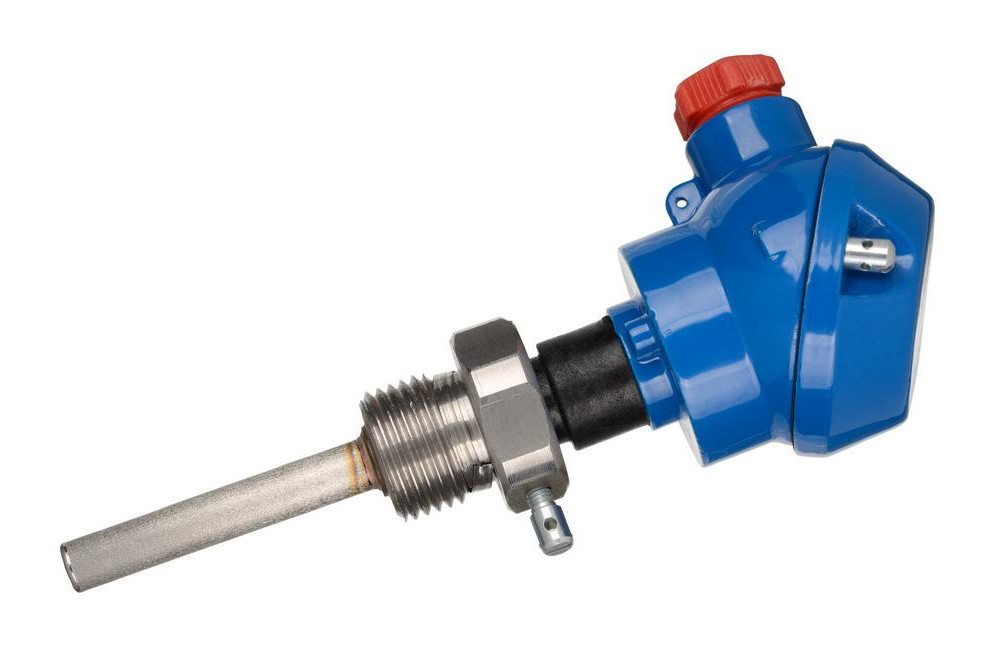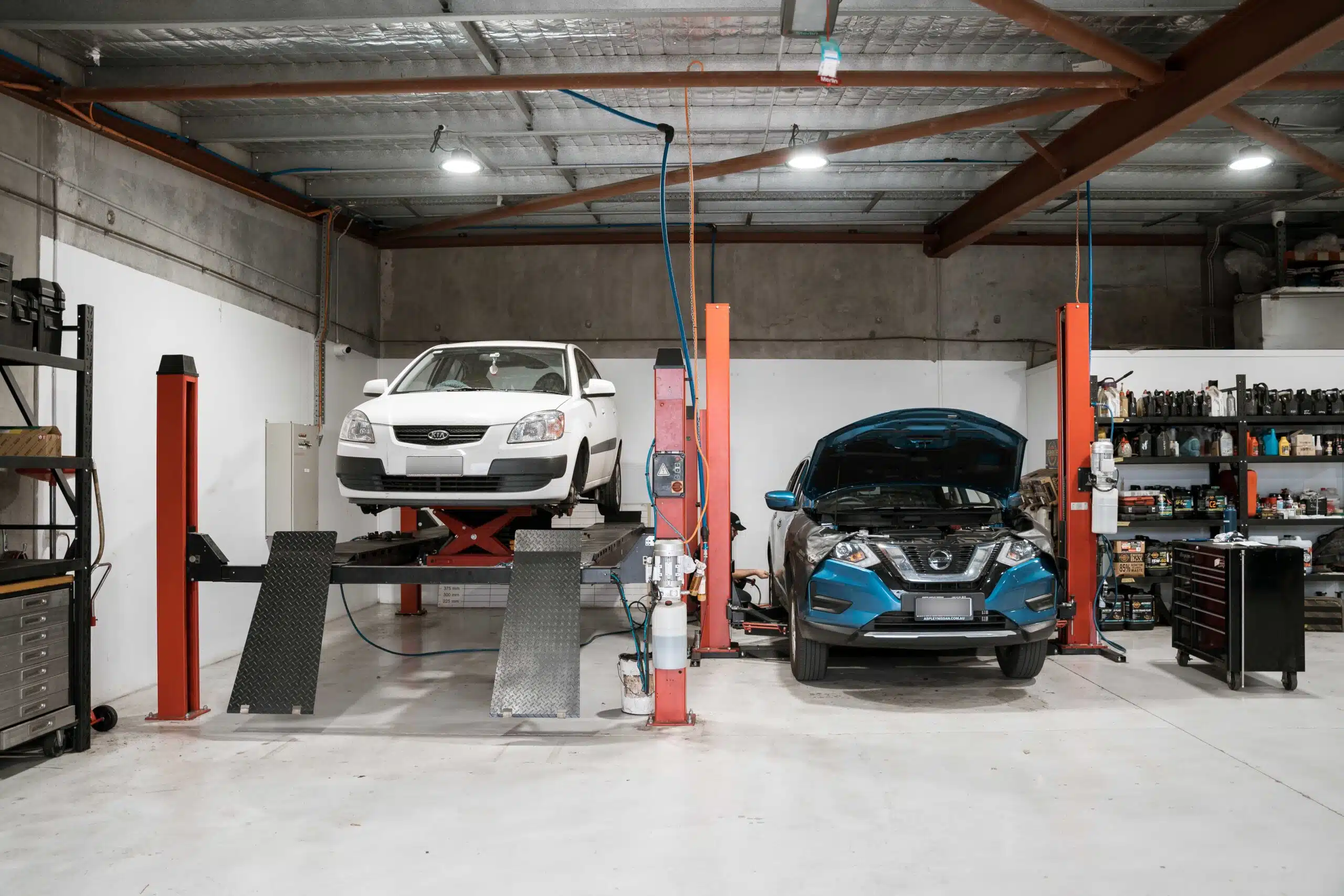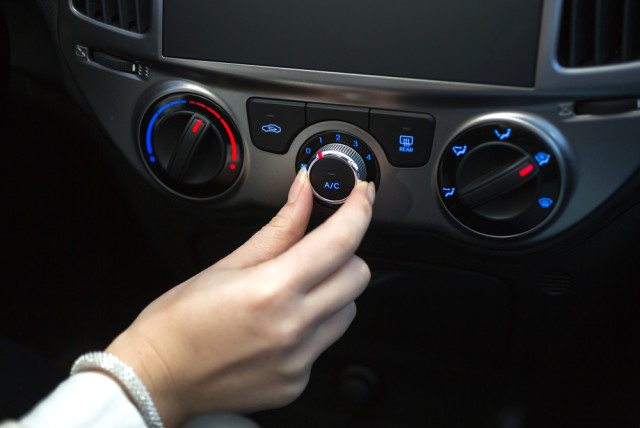The air conditioning system is important to your comfort, although you can still drive safely without it.
Air conditioning systems filter pollutants, airborne particles and is odourless. They keep the air clean and offer health benefits especially for people suffering from respiratory allergies.
This is why it’s really important that the car air conditioning system is working properly. As with all mechanical parts, failures can occur.
Let’s explore the top 5 common causes of car air conditioning failures.

5 Common Causes of Air Conditioning Failure In a Car
Leaking or Depleted Refrigerant
Every air conditioning system needs a refrigerant. The most common and widely used is CFC-12 or R-22, more popularly known as Freon. Freon is a chlorofluorocarbon (CFC) that has been linked to depleting ozone levels.
Due to environmental impacts and health concerns, safer refrigerants have been introduced, for example, HFC-134a.
Refrigerants absorb the heat and produce cool air.
In your air conditioning unit, there are compressors and coils. The compressor adds pressure to the refrigerant
As the refrigerant circulates through the condenser or coils, it condenses to a liquid state. It then absorbs heat from the air outside and converts it into cool air. This cycle is responsible for the cooling effect in your car.
For an air conditioning unit to function properly, it requires refrigerant. When there is a malfunction or leak related to the refrigerant, the air conditioner stops working effectively.
Refrigerant leakage can be caused by loose connection or corrosion of the heat pump.
Your air conditioner can lose 10 to 15 percent of the refrigerant over a year. Over five years, that is at least 50% loss of refrigerant.

Coils and Condenser Failure
The function of the condenser is to cool the highly pressurised refrigerant vapours coming from the compressor. The condenser is made up of a system of coils and fans.
The air conditioner coils or condensing system may become blocked by dust or grime. They can also become rusty and may leak.
This causes the air conditioning unit to overheat , as it constantly tries to expel hot air.
Malfunctioning Fan or Blower System
The condenser system fan circulates the air through the coils. If the condenser system fan fails, the air flow will stay warm.

Freezing or Faulty Evaporator
Failure may happen if the air conditioner starts blowing hot or warm air, and then suddenly switches to cold air. A faulty evaporator will cause your air conditioner to repeatedly switch between hot and cold.
Just as the condenser creates cool air, the evaporator will create warm air. Please check out our article on how the air conditioner of a car works for better understanding of this part.
Additionally, the evaporator can freeze as it is in direct contact with the refrigerant.
If an evaporator is covered in ice, it cannot cool air properly. The system will have to wait till the ice melts before it can circulate cold air again.
Bad Expansion Valve and Orifice Tube
The expansion valve and orifice tubes are core components of a car’s air conditioning.
If insufficient refrigerant flows, the evaporator can overheat; and if too much refrigerant flows, the evaporator can freeze. A noticeable sign of this is icy air coming out of the air vent.

Conclusion
If you feel your air conditioner is faulty, it could be a malfunction of any of these components.
At Sandgate Auto Electrics, we are aware of the importance of a well-functioning air conditioner. If you need further advice, or for a certified technician to assess your vehicle’s air conditioning, call us on (07) 3269 3158 or book a job using the button below. We are located 113 Connaught Street Sandgate QLD 4017. Feel free to visit us at any time.

